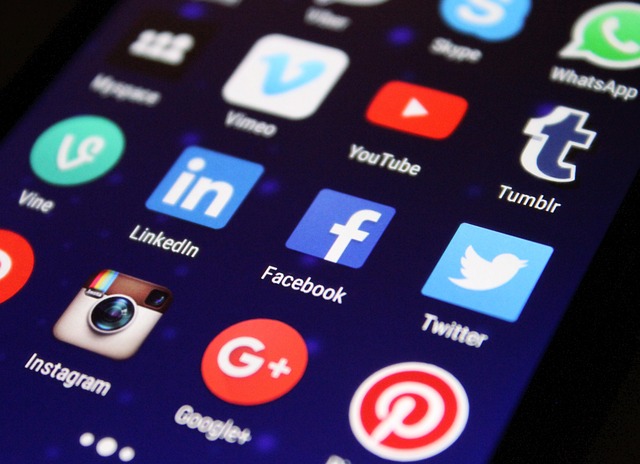The explosion of social media in recent years has transformed the way we communicate, share information, and engage with the world around us. As we navigate the complex landscape of the Information Age, one term stands out as a beacon of empowerment: participatory media. This concept encapsulates the spirit of collaboration and community that social media fosters, allowing individuals to take an active role in shaping narratives and disseminating knowledge.
At its core, participatory media invites us to move beyond passive consumption of information. Instead of merely scrolling through feeds or liking posts, users are encouraged to engage, create, and contribute. This dynamic shift in interaction has profound implications for the impact of social media on society. When individuals harness the capabilities of these platforms, they become not just consumers but also creators, editors, and participants in an ongoing dialogue.
Social media’s influence is palpable; it empowers voices that were once marginalized, enabling them to reach broader audiences. Through blogs, vlogs, podcasts, and posts, content creators share their stories, advocate for causes, and challenge the status quo. The rise of participatory media has ushered in a new era of democratized information, where each user can have a stake in the conversation, leading to a more inclusive and diverse media landscape.
Moreover, the impact of social media extends beyond individual expression. It fosters community building and mobilizes collective action. Campaigns that start as small grassroots movements can quickly gain traction and turn into global phenomena, all thanks to the power of participatory media. This interconnectedness has the potential to effect change, demonstrating how shared narratives can resonate across cultures and borders.
However, with great power comes great responsibility. As users leverage participatory media, the challenge remains to navigate the murky waters of misinformation and echo chambers that can proliferate on these platforms. It is essential for individuals to cultivate critical thinking skills and media literacy, allowing them to discern credible information from sensationalized or biased narratives.
In essence, the marriage of participatory media and social media has forever changed the fabric of our communicative practices. As we continue to explore the vast possibilities of these platforms, we are not only participating in a media revolution but also shaping the very essence of how we connect, inspire, and influence one another in this digital age. The choices we make, the content we create, and the conversations we engage in all contribute to the collective intelligence of our society, paving the way for a future that values participation, engagement, and the diverse voices that enrich our global discourse.




